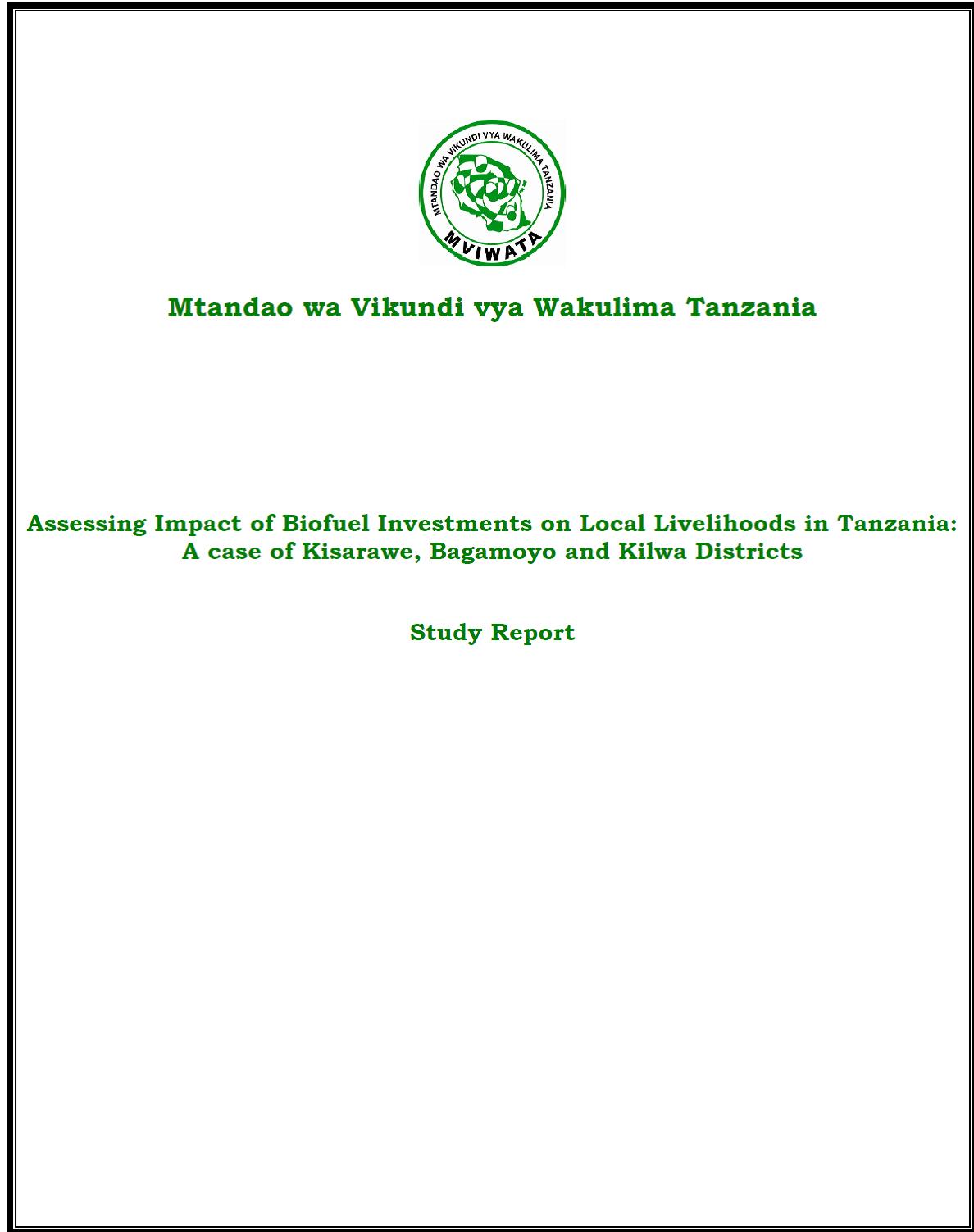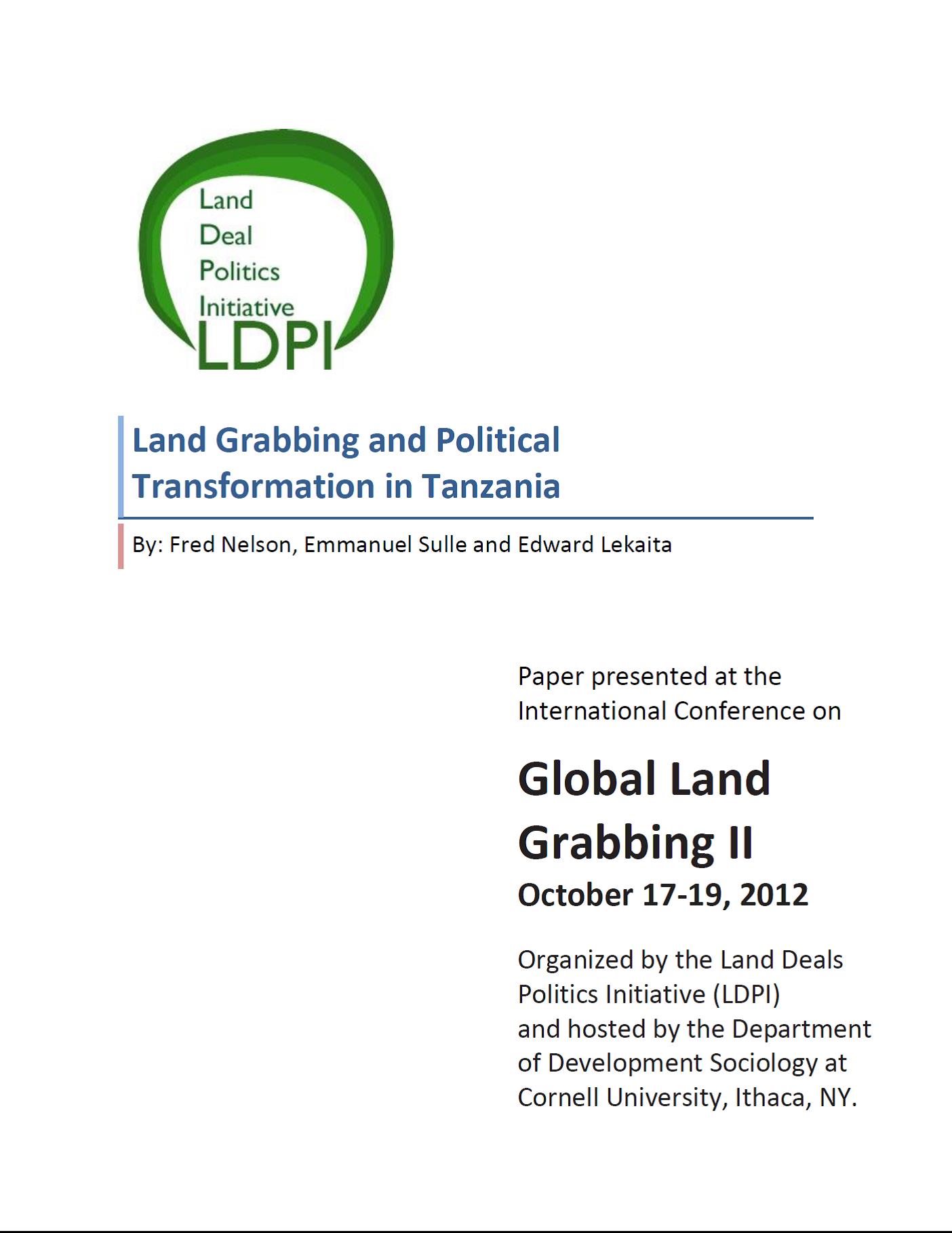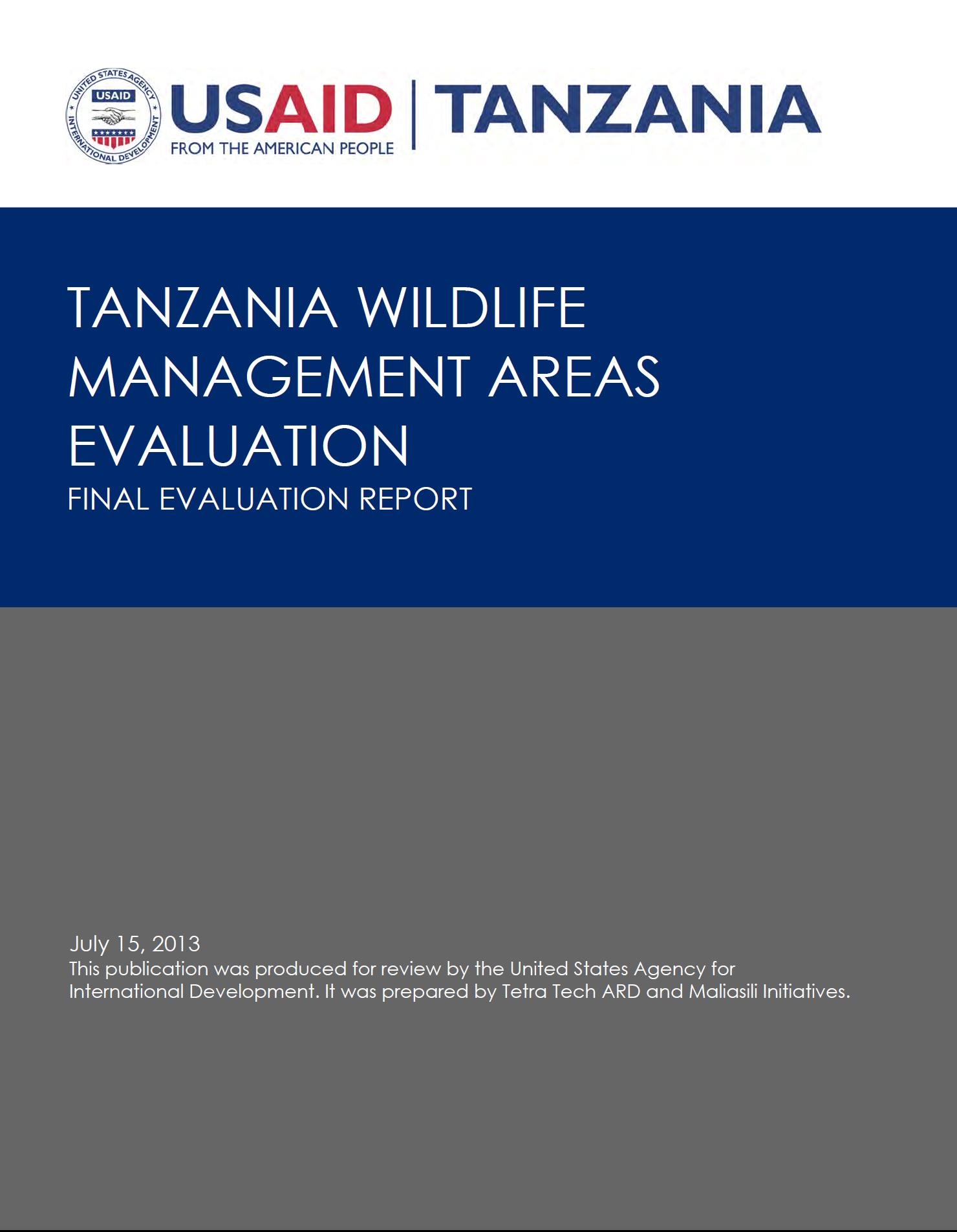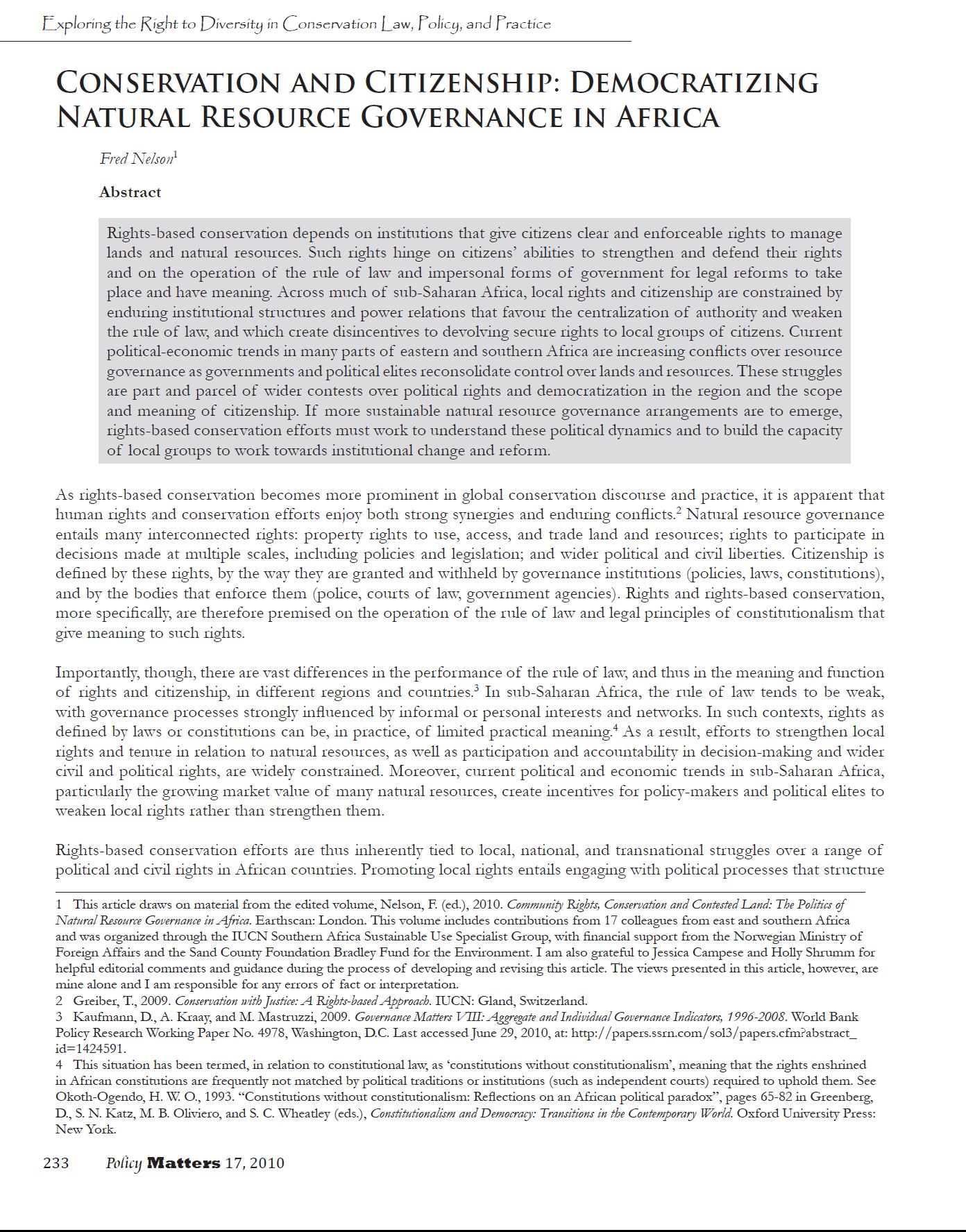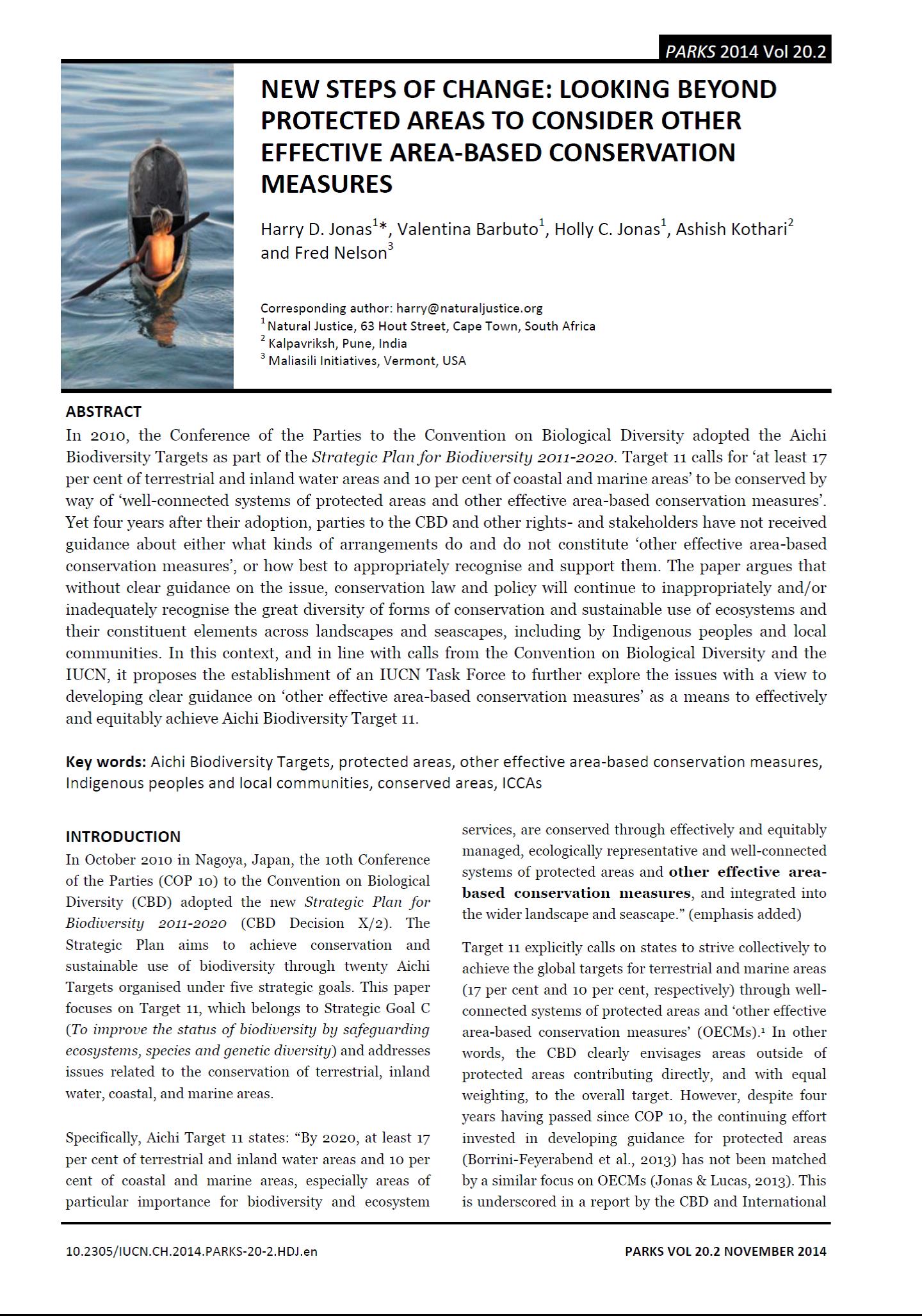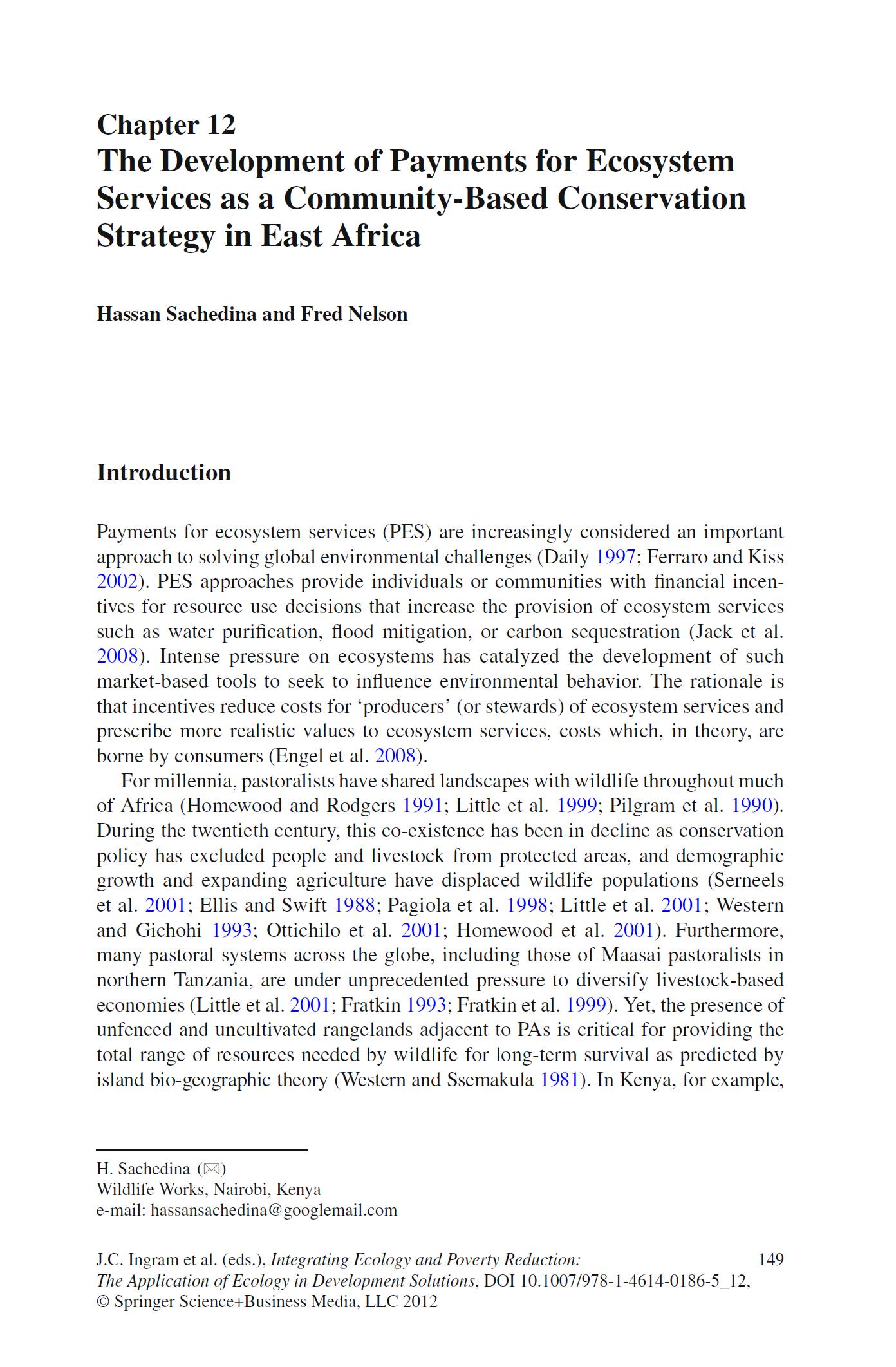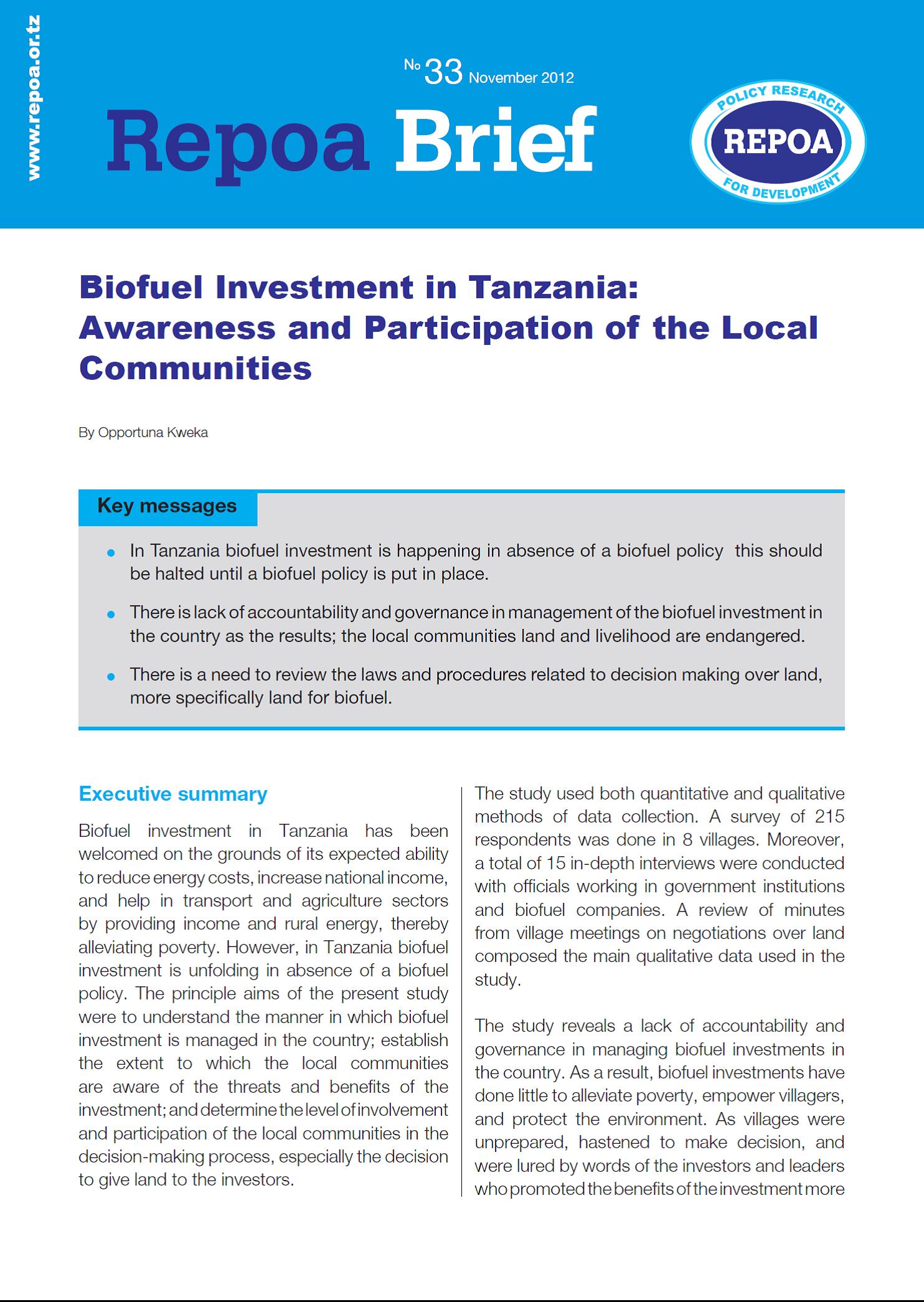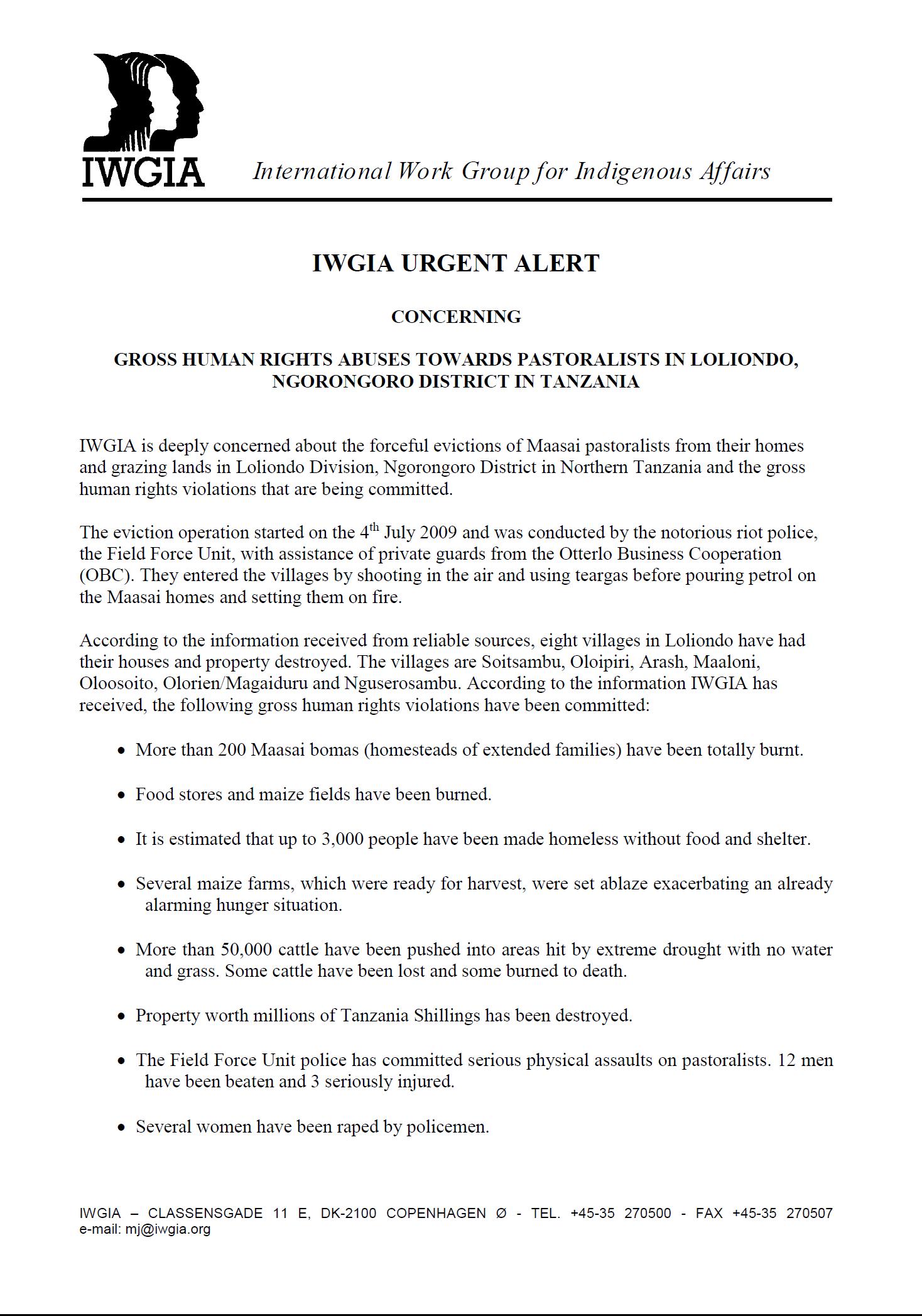Mainstreaming Gender in Tanzania’s Local Land Governance
Despite progressive provisions on gender equality in Tanzania’s land laws, women have little representation in land allocation decisions, including meetings of village councils and village assemblies. Mainstreaming gender in local regulations can help to address this problem.
Assessing Impact of Biofuel Investments on Local Livelihoods in Tanzania
The main objective of this study was to assess the impacts of biofuel investments in local livelihood systems and local economy in Tanzania.
An Analysis of International Law, National Legislation, Judgements, and Institutions as they Interrelate with Territories and Areas Conserved by Indigenous Peoples and Local Communities
Across the world, areas with high or important biodiversity are often located within Indigenous peoples’ and local communities’ conserved territories and areas (ICCAs). Traditional and contemporary systems of stewardship embedded within cultural practices enable the conservation, restoration and connectivity of ecosystems, habitats, and specific species in accordance with indigenous and local worldviews. In spite of the benefits ICCAs have for maintaining the integrity of ecosystems, cultures and human wellbeing, they are under increasing threat.
Biofuels Investment and Community Land Tenure in Tanzania
One of the most wellknown biofuel investments was that of Bioshape, which acquired approximately 34,000 ha in Kilwa District for the cultivation of jatropha.
Land Grabbing and Political Transformation in Tanzania
Like many of its neighbors, Tanzania is experiencing a well-documented surge of land grabbing related to investments in industries such as agriculture, biofuels, tourism, hunting, and forestry. Land grabbing in Tanzania is best understood and analyzed as both a symptom of and contributor towards wider political economic processes of change occurring in Tanzania.
Tanzania Wildlife Management Areas Evaluation
The increasing importance of the Wildlife Management Areas (WMAs) in Tanzania, where 17 WMAs are now functioning and 22 others are in various stages of development, begs the question of what successes have been achieved and what challenges remain to be addressed if this Community-Based Conservation model is to be sustained and even scaled up. There has not been a country-wide evaluation of WMAs since the pilot-phase evaluation in 2007 at a time when most WMAs were too new to yield firm projections for the long term.
Conservation and Citizenship: Democratizing Natural Resource Governance in Africa
Rights-based conservation depends on institutions that give citizens clear and enforceable rights to manage lands and natural resources. Such rights hinge on citizens’ abilities to strengthen and defend their rights and on the operation of the rule of law and impersonal forms of government for legal reforms to take place and have meaning.
New Steps of Change: Looking Beyond Protected Areas to Consider other Effective Area-based Conservation Measures
In 2010, the Conference of the Parties to the Convention on Biological Diversity adopted the Aichi Biodiversity Targets as part of the Strategic Plan for Biodiversity 2011-2020. Target 11 calls for ‘at least 17 per cent of terrestrial and inland water areas and 10 per cent of coastal and marine areas’ to be conserved by way of ‘well-connected systems of protected areas and other effective area-based conservation measures’.
The Development of Payments for Ecosystem Services as a Community-Based Conservation Strategy in East Africa
This paper explores the development of a pilot PES scheme in the Tarangire ecosystem of Tanzania in response to specifi c wildlife declines and policy constraints. It charts the development of this initiative from its genesis based on PES experiences in Kenya. This paper specifi cally explores the questions of whether the utilization of free-market enterprise tools to achieve conservation goals infl uences Maasai livelihood diversifi cation in ways that are compatible with conservation.
Biofuel Investment in Tanzania
The study reveals a lack of accountability and governance in managing biofuel investments in the country. As a result, biofuel investments have done little to alleviate poverty, empower villagers, and protect the environment. As villages were unprepared, hastened to make decision, and were lured by words of the investors and leaders who promoted the benefits of the investment more than its threats.
IWGIA Urgent Alert concerning Gross Human Rights abuses towards Pastoralists in Loliondo, Ngorongoro district in Tanzania
This urgent alert is based on the forceful evictions of Maasai pastoralists from their homes and grazing lands in Loliondo Division, Ngorongoro District in Northern Tanzania and the gross human rights violations that are being committed.
The eviction operation started on the 4th July 2009 and was conducted by the notorious riot police, the Field Force Unit, with assistance of private guards from the Otterlo Business Cooperation (OBC). They entered the villages by shooting in the air and using teargas before pouring petrol on the Maasai homes and setting them on fire.


